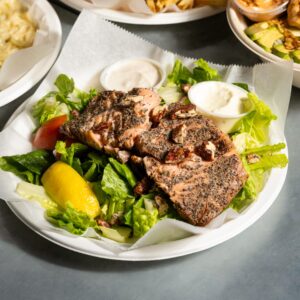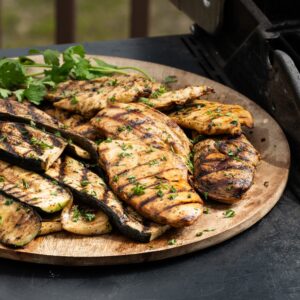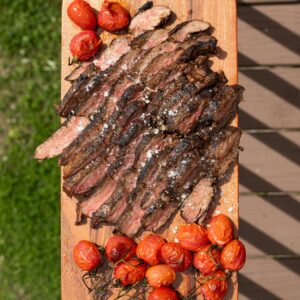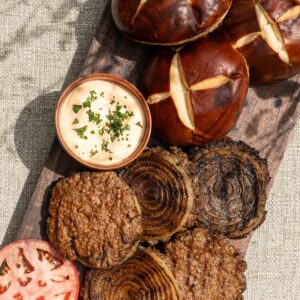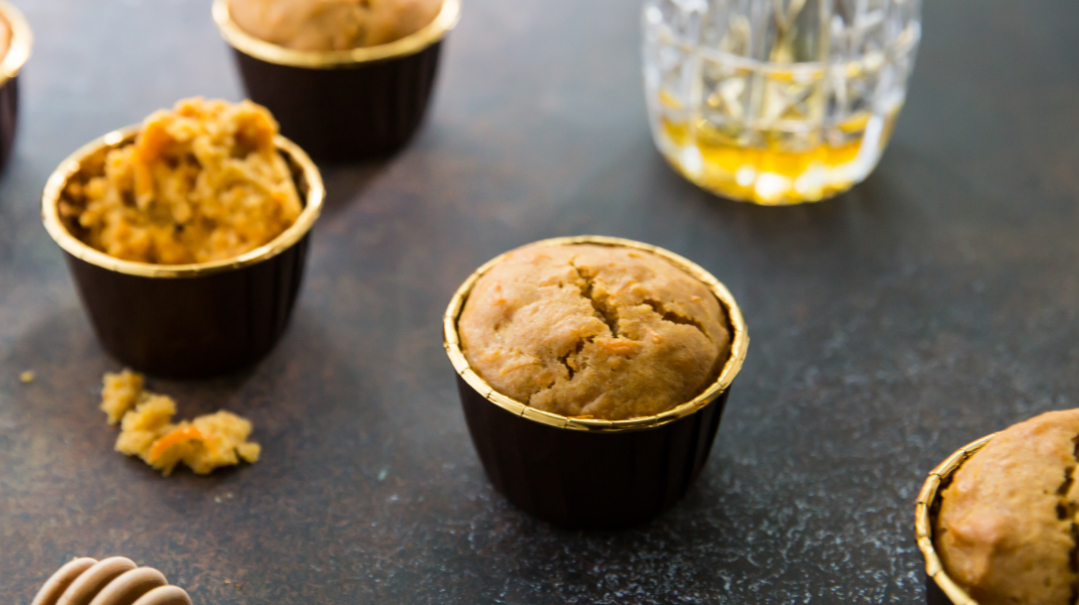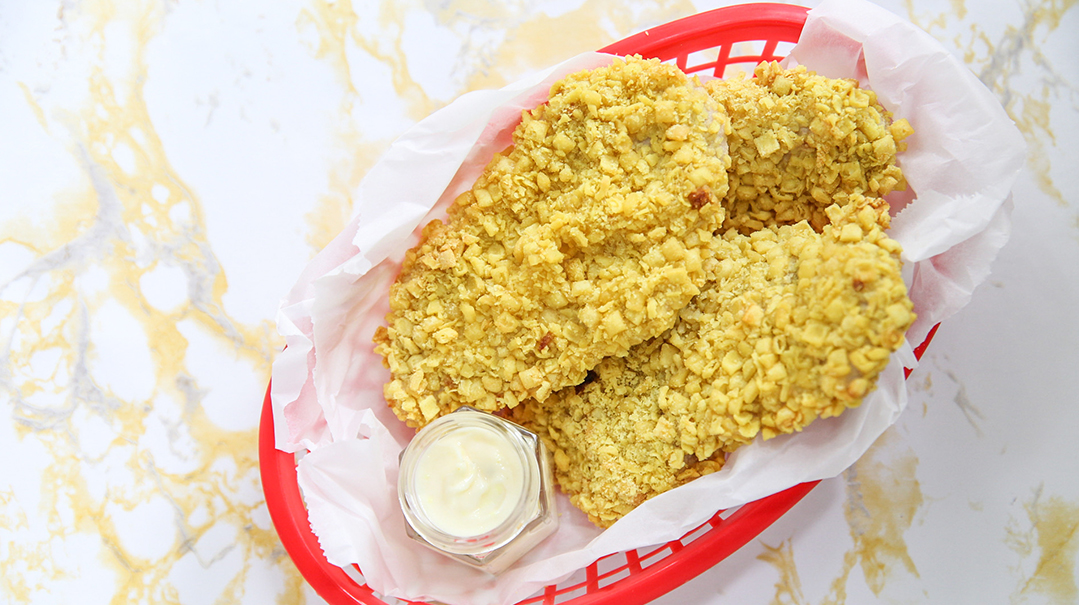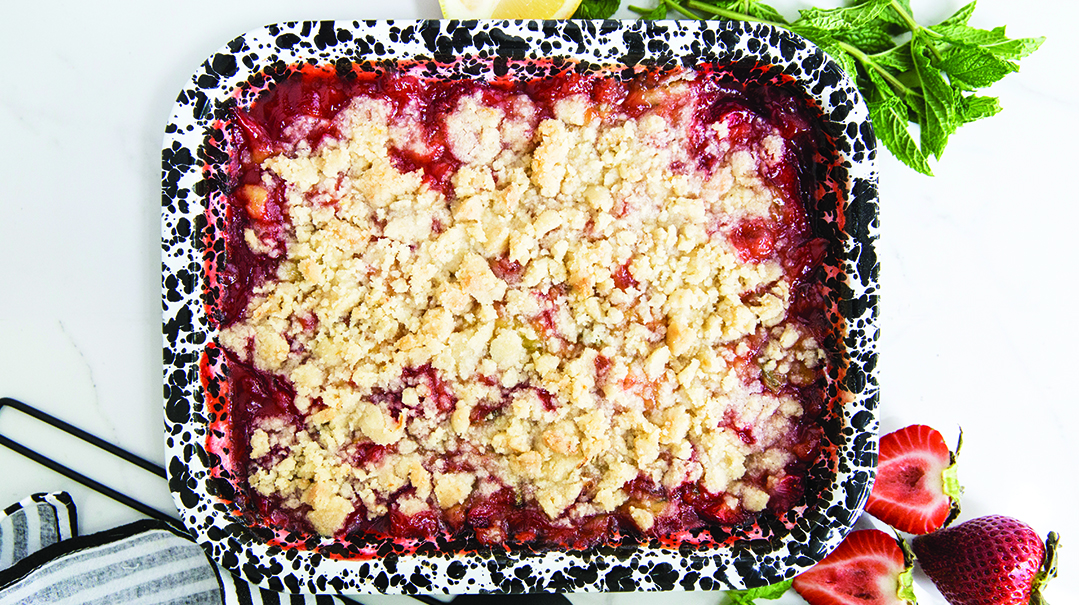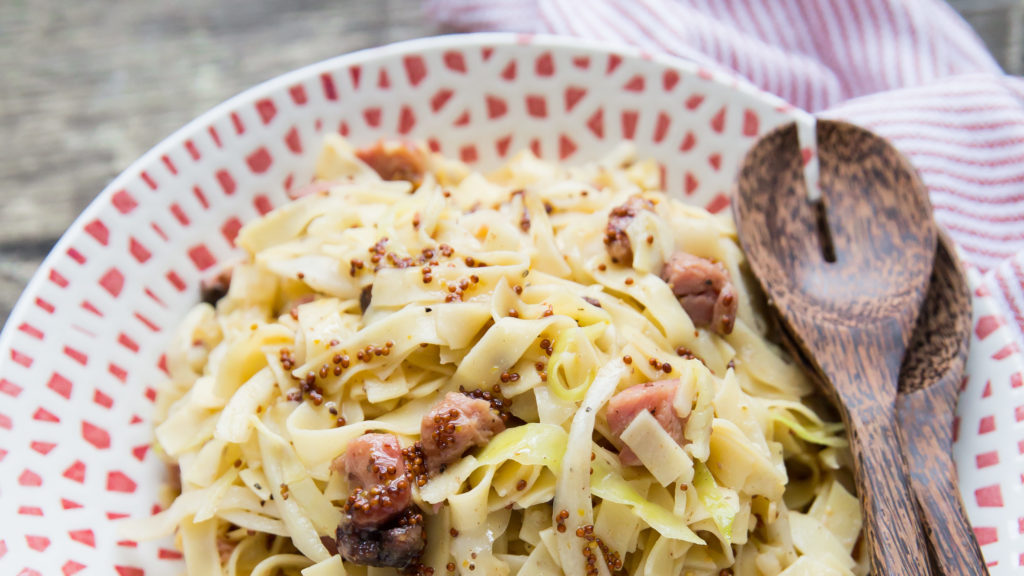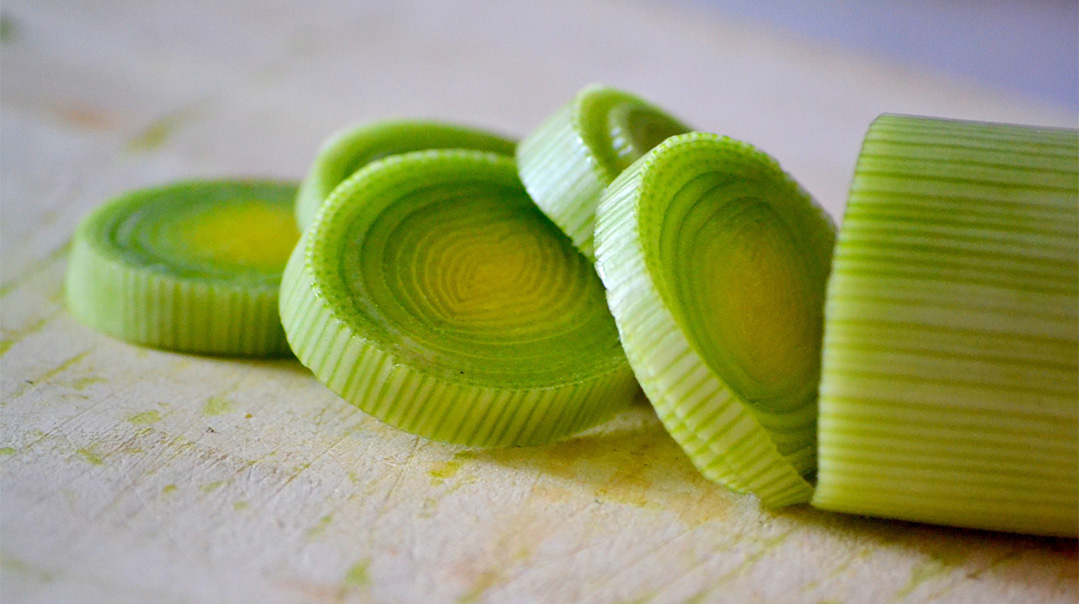Get to Know Freekeh


Freekeh, an ancient grain, is wheat that has been harvested early while the grains are still tender and green. The kernels are then parched, roasted, dried, and rubbed. Legend has it that freekeh was discovered when a Middle Eastern village came under enemy attack and its crop of young, green wheat caught fire during the siege. The villagers found that they were able to salvage the wheat by rubbing away the burned chaff to reveal the roasted wheat kernels inside. This is what we know today as freekeh, which means “to rub” or “the rubbed one.” Freekeh is sold as “whole,” “whole grain,” or “cracked.” Cracked freekeh has been broken into smaller pieces which allows it to cook faster and also gives it a slightly different texture. For best results, follow the package directions when preparing it.
Extra Credit
Nutrition:
Freekeh is a 100-percent whole grain and is higher in nutrients than other super grains, with more iron, protein, fiber, calcium, and B vitamins. It also contains antioxidant carotenoids like lutein and the zeaxanthin.
Uses: Freekeh is popular in Mediterranean and Middle Eastern cuisines. It has a chewy toothsome feel similar to bulgur, but carries a much richer, slightly smoky flavor. It can be used in casseroles, soups, pilafs, and salads. It can also be prepared as a hot breakfast cereal or as a parfait layered with yogurt and fruit.
* Freekeh has a relatively low glycemic index as compared to many other grains.
Herbed Freekeh Pilaf
This pilaf just screams summer to me. With the smokiness of the freekeh and the brightness of the fresh herbs, it makes a great addition to your weekend barbecues.
SERVES 8
- 4 Tbsp olive oil, divided
- 2 cups cracked and roasted freekeh (such as Pereg)
- 1 tsp salt
- 4 cups water
- 11⁄2 Tbsp za’atar
- 2 Tbsp freshly squeezed lemon juice
- 2 Tbsp silan
- 1 clove garlic, minced
- 6 Tbsp fresh herbs (I used 2 Tbsp each dill, parsley, and mint)
- 1⁄2 cup pomegranate seeds
- salt and pepper, to taste
Heat 1 Tbsp olive oil in a skillet and add the freekeh. Sauté until toasted and fragrant, about 3 minutes.
Add the salt and water and bring to a simmer. Cover and cook over low heat for 15–20 minutes until the freekeh is tender. If any water remains, drain the freekeh and set aside to cool.
In a small bowl, combine the remaining olive oil, za’atar, lemon juice, silan, garlic, and herbs. Stir the dressing into the freekeh and add the pomegranate seeds. Season to taste with salt and pepper.
(Originally featured in Family Table, Issue 701)
Oops! We could not locate your form.

